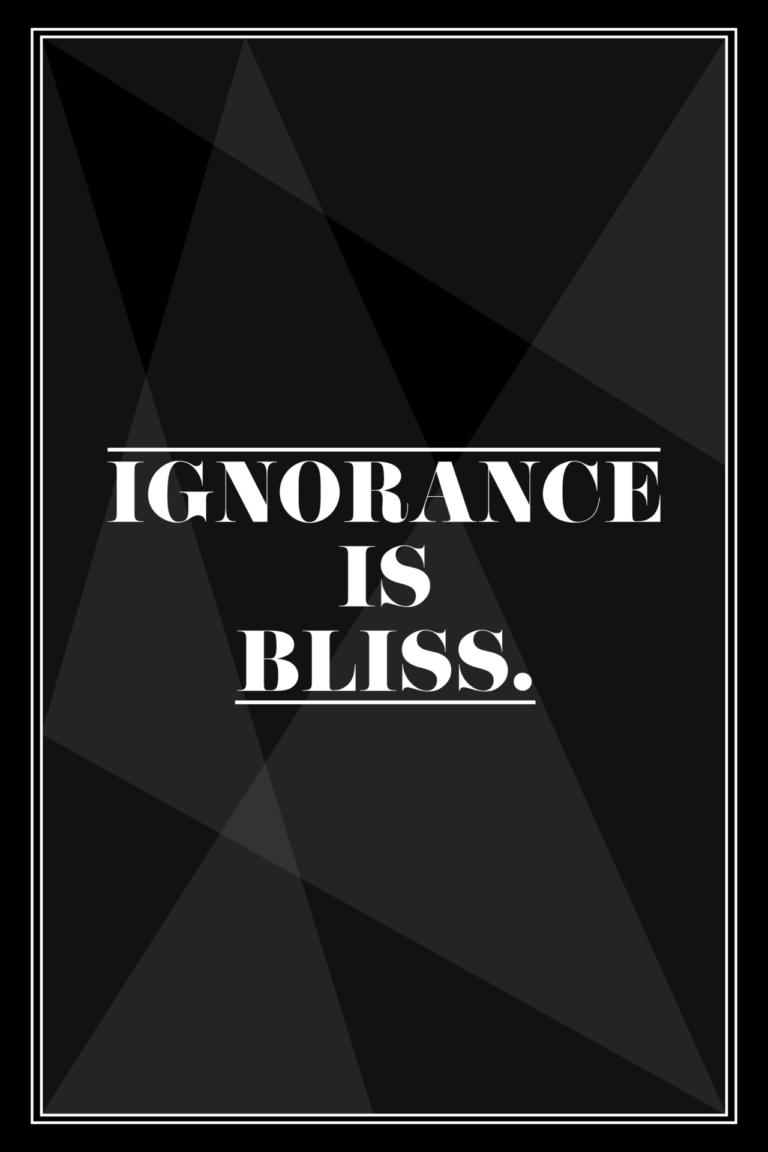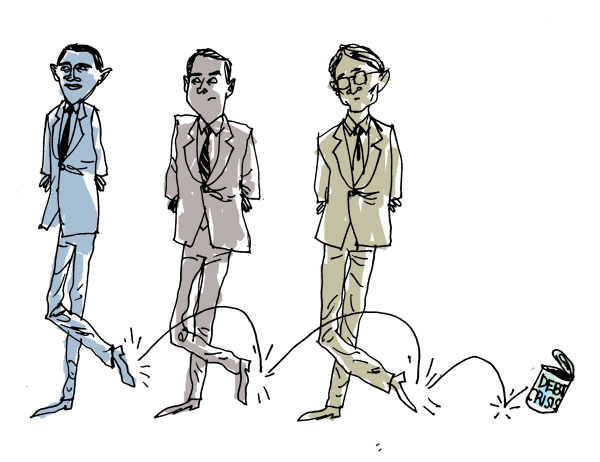College Baseball Today (2/11/18)
It is less than a week before the collegiate baseball has opening day. February 16th all over the country teams will flock to warm climates to play some baseball and begin their trek to the College Baseball World Series. I will be watching three area this season as I cover the Top 15, the Big…



